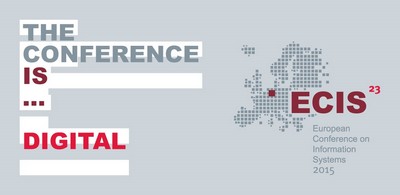DOI
10.18151/7217434
Abstract
In a natural experiment on a popular German Question & Answer community we investigate the applicability of the small-area hypothesis to the activation of user contributions through virtual rewards in the form of badges. Koo and Fishbach’s small-area hypothesis states that individuals in pursuit of a goal exhibit stronger motivation when they focus on whichever is smaller in size: the area of their completed actions or their remaining actions needed to reach a goal (e.g., focusing on 10% of completed actions is more motivating than on the 90% remaining). This has direct implications for the optimal design of virtual reward systems and especially for the framing of progress towards virtual rewards, which represent goals to users. Consistent with theoretical predictions, we find that the small-area effect activates online user contribution behavior. Our findings thus provide empirical evidence for the influence of the framing of progress towards virtual rewards on user behavior.
Recommended Citation
Mutter, Tobias and Kundisch, Dennis, "Behavioral Mechanisms Prompted by Virtual Rewards: The Small-area Hypothesis" (2015). ECIS 2015 Completed Research Papers. Paper 137.
ISBN 978-3-00-050284-2
https://aisel.aisnet.org/ecis2015_cr/137


